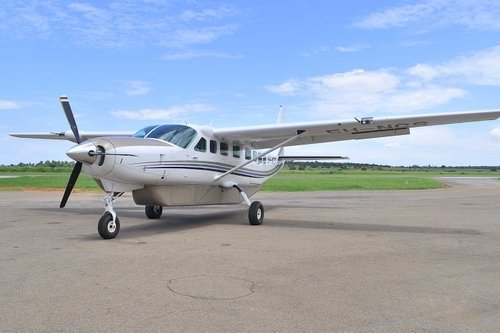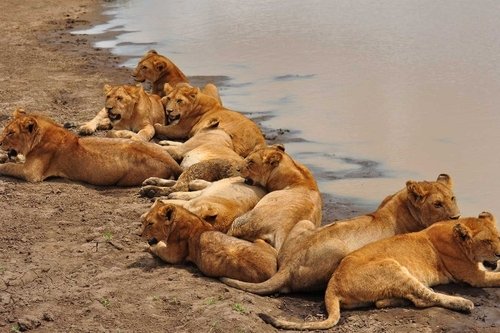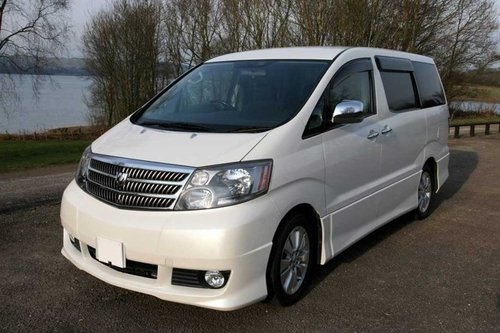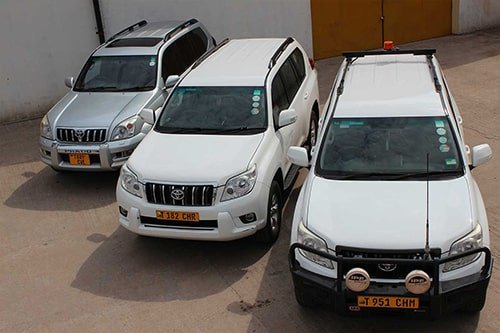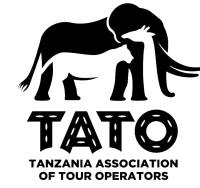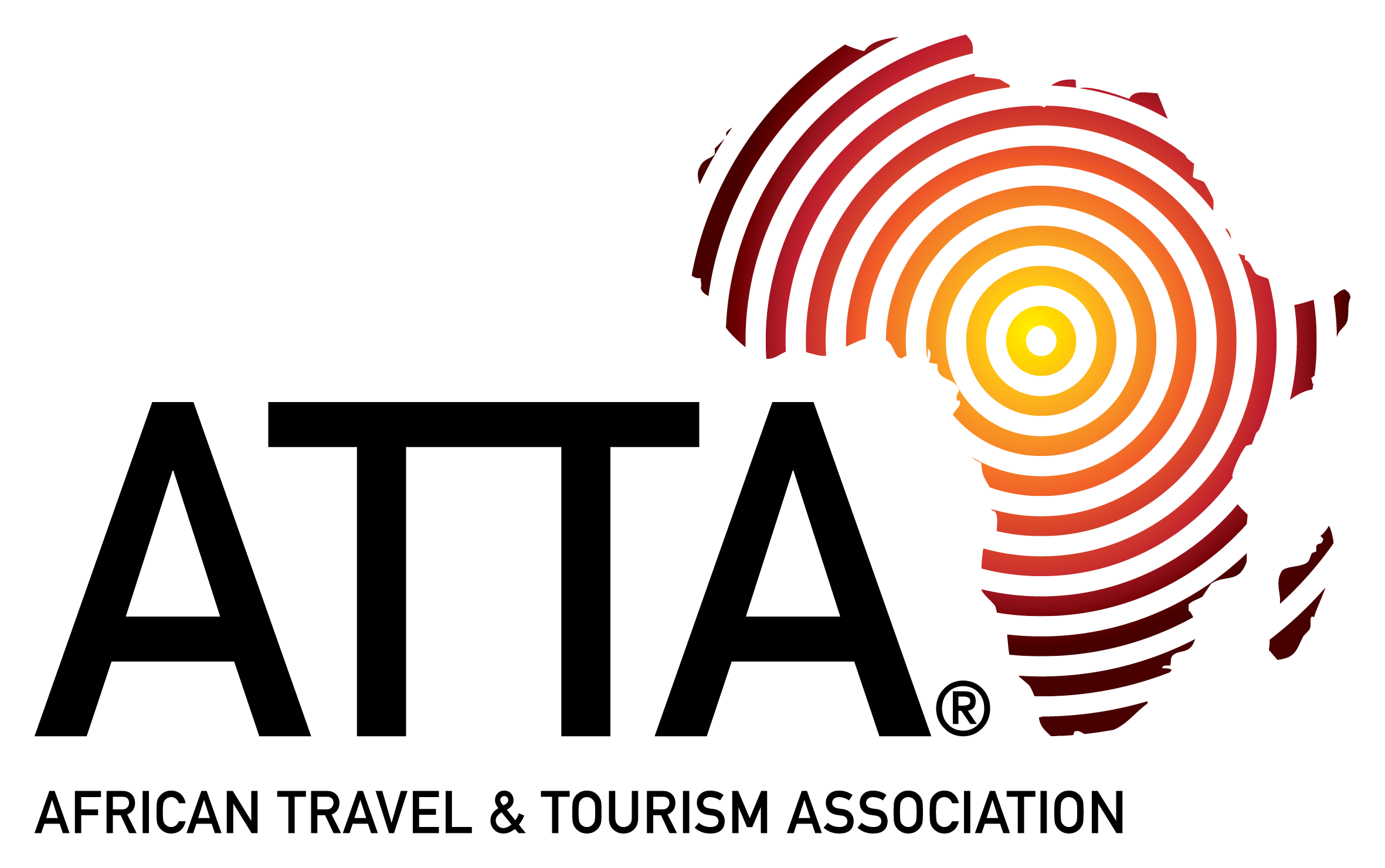Dear Customers, Partners, and our communities.
Our thoughts go out to those affected by the situation. We at Dolphin Safaris and Tours have been taking actions to ensure the protection of all stakeholders. We are meeting the minimum requirements as set down by the WHO, as well as additional measures relating to education and sanitisation procedures of all work spaces, vehicles and operating equipment.
Additionally, we are closely monitoring the safety of any destination, accommodation facility and place any of our guests will come into contact with, and assure all that we will not compromise either our guests or employees wellness.
We will monitor the situation frequently whilst adhering to advice from the authorities.
Yours at Dolphin, Fahim Bagha, General Manager.
The Government of Tanzania communicates daily about the rate of infection in the country of COVID-19. The number of confirmed cases continues to rise.
Entry and Exit Requirements:
- The Government of Tanzania suspended all international scheduled and chartered passenger planes to Tanzania effective April 11.
- All travelers whether foreigners or returning residents arriving from COVID-19 most affected countries, will be subjected to mandatory isolation for 14 days at their own cost at designated facilities identified by the Government.
- Standards within the facilities have been reported as being very poor. Travelers entering the country should be aware of possible health risks posed by inadequate protocols and facilities within the quarantine locations.
- Passengers should fill in a Health Surveillance Form in the plane, or any other transport means and submit them to Port Health authorities upon arrival.
- All travelers arriving will be subjected to an intensive screening and where necessary COVID-19 rapid testing.
- All travelers will then be informed of the designated isolation facilities, costs and arrangements in place and access to those facilities.
- After 14 days quarantine, passengers who have not developed symptoms of COVID-19 may leave the facilities and will be required to register personal information for future tracking purposes.
- All people residing in Tanzania are advised to avoid non-essential travels to COVID-19 affected countries.
In case of any medical emergency while in the United Republic of Tanzania, please call the Health Emergency Number 199.
What procedures have been put in place at airports and other ports of entry?
Ports of entry are conducting screening and travelers with a fever are diverted to secondary for further examination.
The Tanzanian government has taken measures to curb the spread of coronavirus such as closing schools, colleges and universities, but has not taken the route favored by many of its neighbors by imposing a lockdown as it could badly affect people living on a hand-to-mouth basis.


